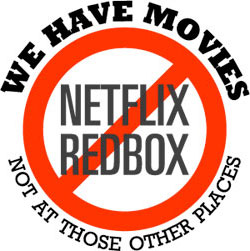Project 52: 'Lee Daniels' The Butler'
Posted Wednesday, August 28, 2013 at 8:21 AM Central
Last updated Wednesday, August 28, 2013 at 8:27 AM Central
by John Couture
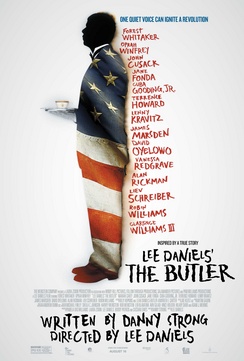
I know. I know. I've been slacking in my duties. Here we are in at the end of August and this will only be my 24th Project 52. By my calculations I will have to average just north of one and a half reviews a week to meet my goal.
The good news is that while I haven't had much time to post the Project 52s, I have been watching the films. So, I'm not doing as bad as I could be. Still, in order to prevent an onslaught of Project 52s in December as I try to recreate the rampant procrastination from my school days, I need to come up with some unique solutions.
Or, you know, just stop stalling and write them already.
Of course, it's not going to get any easier with a new baby in the house, but I'm going to try. So, let's get to it, shall we?
Lee Daniels' The Butler
Well, this film served as the "last date night" for my wife and I before our son Gavin was born. If you find getting angry and crying a perfect recipe for romance, then this is the perfect date night movie.
Naturally, we didn't pick The Butler for its romance, although there is a nice story of life-long love at the center of the film. Basically, we chose the film because we wanted something that would resonate with us since we probably won't be heading back to the theater any time soon. But also, we wanted a film that would leave us with a reminder of everything that film could be so that we aren't disenfranchised by the rising cost of seeing a film in theaters and will want to continue to use our date nights as a way to see great films.
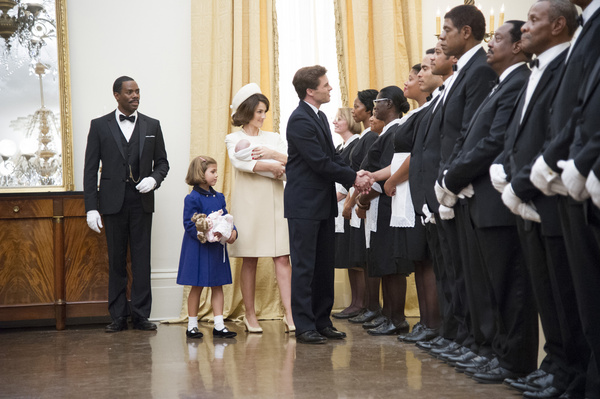
In this respect, The Butler delivered in spades. Sure, it's got Oscar bait written all over it which is no coincidence when you realize that it's a Weinstein film. The performance were all top-notch and the emotional impact of the film is one that leaves you feeling a gamut of emotions ranging from anger to rage to sadness.
Of course, like any good film of its kind, it ends with hope and it is not only a living reminder of the atrocities of the past, but a call to action to insure that this sort of abuse doesn't ever happen again.
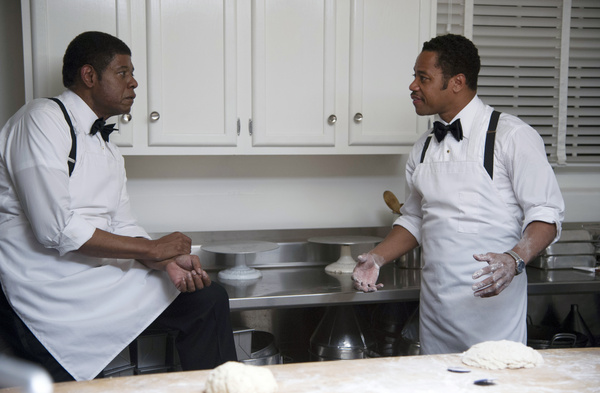
If you're unfamiliar with the film, allow me to sum it up. It's the tale of Cecil Gaines a White House butler who served under seven Presidents based loosely on the true story of Eugene Allen who served under eight Presidents. I'm not going to point out all of the Hollywood embellishments, but if you're curious, this Slate article does a fine job of separating fact from fiction.
The story opens on a Georgia plantation in 1926 and immediately I do a mental double take at the date. It seems recently what with the number of Lincoln films making the rounds that we have sort of just forgotten that racial strife didn't just end with the Civil War.
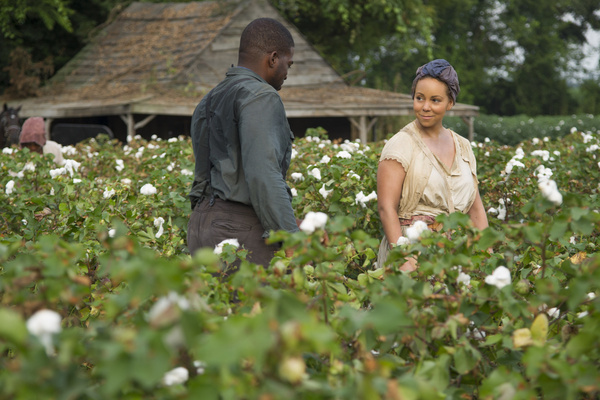
In the film's first few moments, the white plantation owner rapes Cecil's mother and then kills his father almost simply because he can. These moments really hit home when you realize just how much has changed in our country in the last 100 years and how far we still have to go to achieve true equality.
What unfolds over the next two hours or so is a telling of history from a unique point of view. Usually when we see Presidents in movies, they are the center of attention or at least the action around them. The film goes a great job of being fly on the wall during some of the most powerful moments in the last 60 years or so.
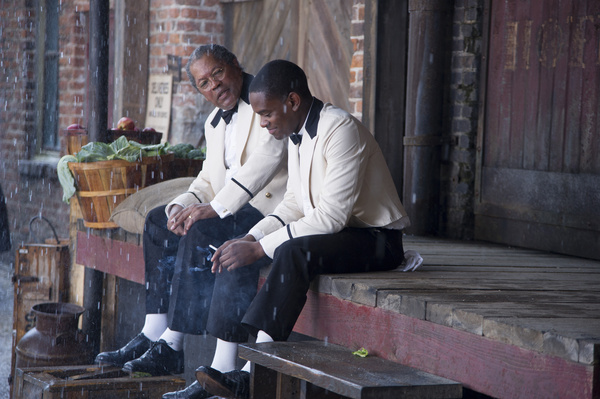
What's better is that we are given a slant and perspective that we rarely see in mainstream film. I don't want my words to get twisted, but usually we get a Caucasian view of history. I liked Forrest Gump a lot, but the protagonist was white and all of the music chosen, while yes big hits of each time period, were more mainstream.
what I enjoyed about The Butler is that the film wasn't simply a story about a black man serving white Presidents who finally gets to see the day when roles become reversed (that story is there, but it's not as front and center as you'd think), it's really the ongoing struggle of trying not only to get equal rights, but overcoming the hundreds of years of overt and subversive racism. Hearing deep tracks artists such as Dinah Washington, Shorty Long and Peoples Choice is refreshing and reminds you that the main story has nothing to do with the White House.
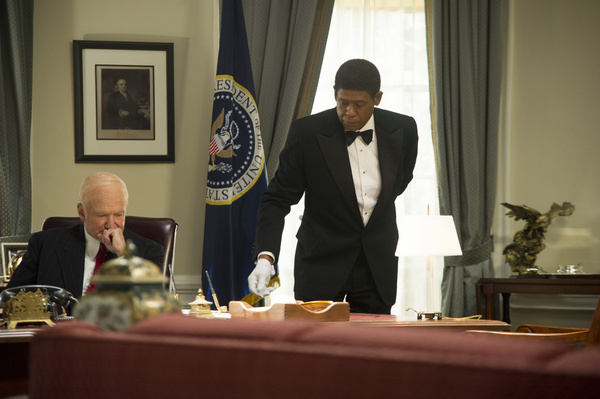
The main story is the relationship between Cecil and his oldest son Louis. While Cecil is politically neutral through most of the film, Louis takes every chance he can to express his unhappiness with the inequality he sees every day. This is the part of the story that is given the most dramatic license, but I'm quite happy about that.
These dramatic instances allow the filmmakers to connect the audience to important racial events in our history that we have seemingly tried to sweep under the rug for various reasons. The filmmakers stop short of actually passing judgment on the past, but they do make the very conscious decision to have Cecil resign from his post due to Reagan's stance on apartheid.
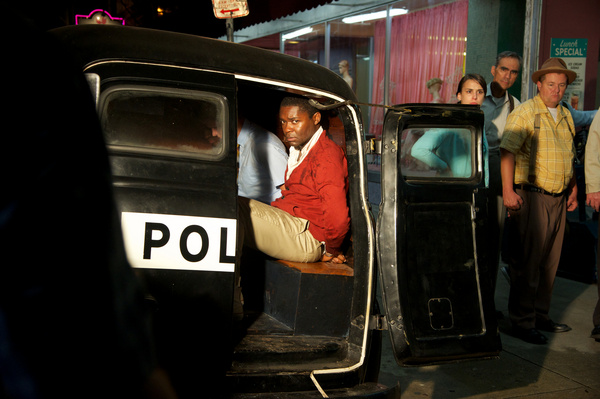
The Obama election and the last scene of Cecil being invited to meet with him in the White House brings the story full circle and presents the audience with the hope that tomorrow is meant to bring. As I said, there were many instances of tears while watching the film.
There are top-notch performances throughout the film, but the two that really stood out were from the patriarch and matriarch of the Gaines family. Forest Whitaker and Oprah Winfrey anchor the film and their performance lend even more gravitas to the ongoing events in the film.
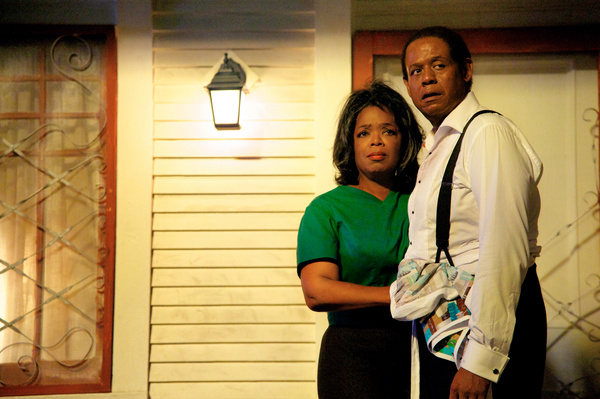
With Forest, it's just another in a fine line of great performances, but for Oprah this is a powerful reminder that she is an Academy Award nominated actress. It's hard to say who will be nominated beyond those two come next year, but I have a hard time believing that they will be the only two rewarded for their hard work.
At the end of the day, this is a film that truly must be seen, and not just by awards voters or people of any particular heritage. This film is one that must be seen by everyone so that we can learn from our past and make tomorrow, if not today, a better place to raise our children.
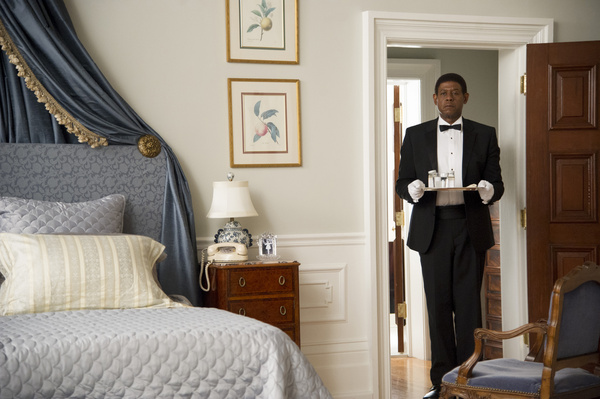
For this reason and many more, I give this movie a Four of a Kind.





